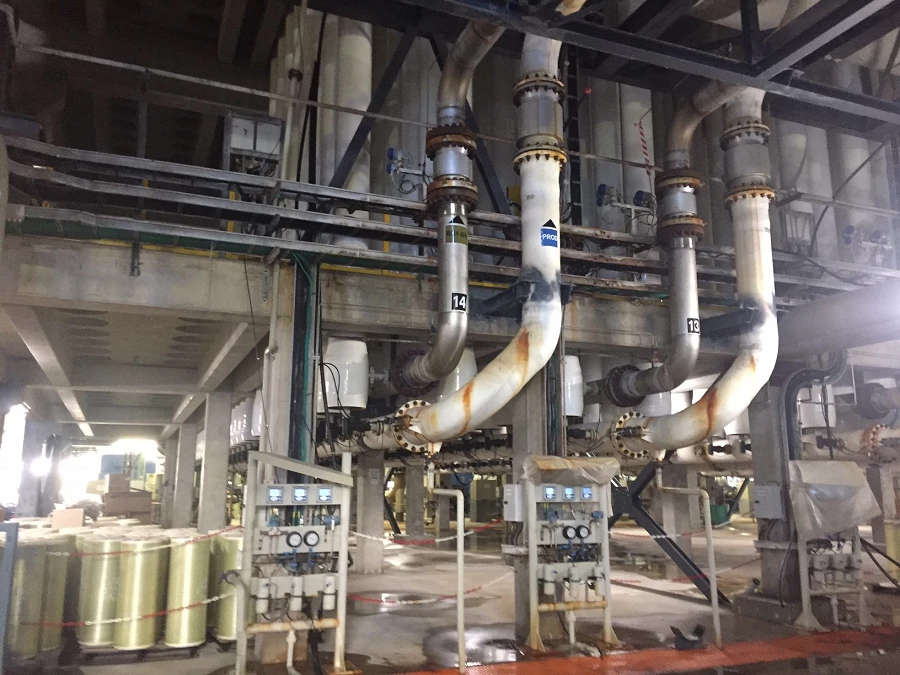
biggest seawater desalination plant.
We’re used to talking about how the failure to invest in water management can impede economic growth, but the positive case for water management investments can be just as compelling. With support from the Israeli government, my colleagues and I recently took a study tour to Israel, and what we saw on the ground showed that combining policy and technology can lead not only to better local water management, but also result in a multi-billion dollar, export-driven industry.
Like many countries in the Middle East and North Africa region, Israel faces a variety of water-related challenges including growing demand, urbanization, and climate change. Faced with these challenges, Israel made long-term investments in technology that have paid off in the form of a dynamic, export-oriented water sector. Water has become a US$2 billion industry for Israel, consisting of at least 300 companies and over 100 startups. Growth has been rapid; the sector has seen an increase in exports of almost 200% in just three years.[1] The Israeli government now sees water technology and related services as one of the most promising opportunities for export-oriented growth, underscoring how Israel has managed to turn water scarcity from a brake on development into an engine for it.

Israel’s strategy has been long in the making, and relies on a complex framework of public finance, technology, policies, and institutions. Beginning in the 1960s, the Israeli government invested in state-owned enterprises focused on reducing irrigation water use, the single biggest consumer of water. One of these firms, Netafim, was a pioneer in drip irrigation, which improves the efficiency of irrigation to 95%, as compared to 50% using traditional flood irrigation. State investment, including long-term financing arrangements produced by the Ministry of Finance, has also been critical to the expansion of desalination, which now provides some 80% of Israel’s domestic and municipal water. Using advanced remote osmosis technologies and improved process engineering, Israel’s desalination plants are some of the most efficient in the world, delivering water at a price of US$0.68 per cubic meter, well below the global average of approximately US$0.81.[2]
But Israel’s water technology sector isn’t solely the product of state-led investment. It’s also sustained by the country’s progressive approach to water pricing, which aims to promote water conservation while also ensuring that investments in water supply and delivery are sustainable, with operation and maintenance expenses financed by tariffs paid by water users. This tariff, currently set at US$2.55 per cubic meter for most water users, includes only a 4.5% subsidy[3] This relatively high water tariff creates a dependable revenue for Israel’s utilities, and a strong profit motive for companies whose technology and processes can further reduce water use.
Perhaps even more important than these favorable economics, however, is the institutional support that the Israeli government provides for entrepreneurs and researchers in the water sector. Israel’s government-funded Innovation Authority and Export Institute have both identified water as a strategic growth opportunity, and provide water technology companies with startup financing, export assurances, and assistance in promoting products abroad. A sectoral growth strategy produced by Deloitte on behalf of the Manufacturers Association of Israel has been embraced by the government, including holding a major industry conference – WATEC– every two years.
The Israeli example shows that it’s possible to turn severe water scarcity into an economic opportunity with the right investments in technology, financing, policy, and institutions. For World Bank client countries that are severely affected by water scarcity, the case of Israel suggests that investing in a combination of sound policy incentives and technology can create substantial rewards, not only in the water sector, but more broadly for innovation-led economic growth as well.


Join the Conversation